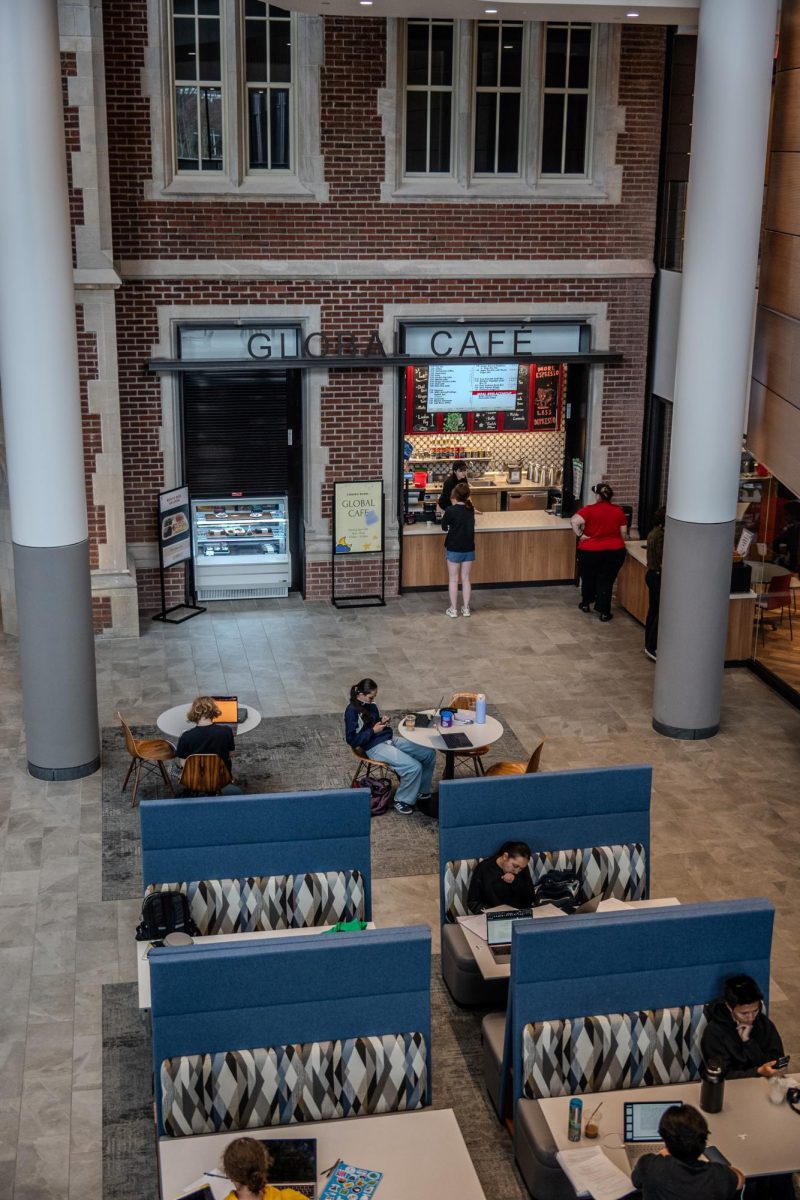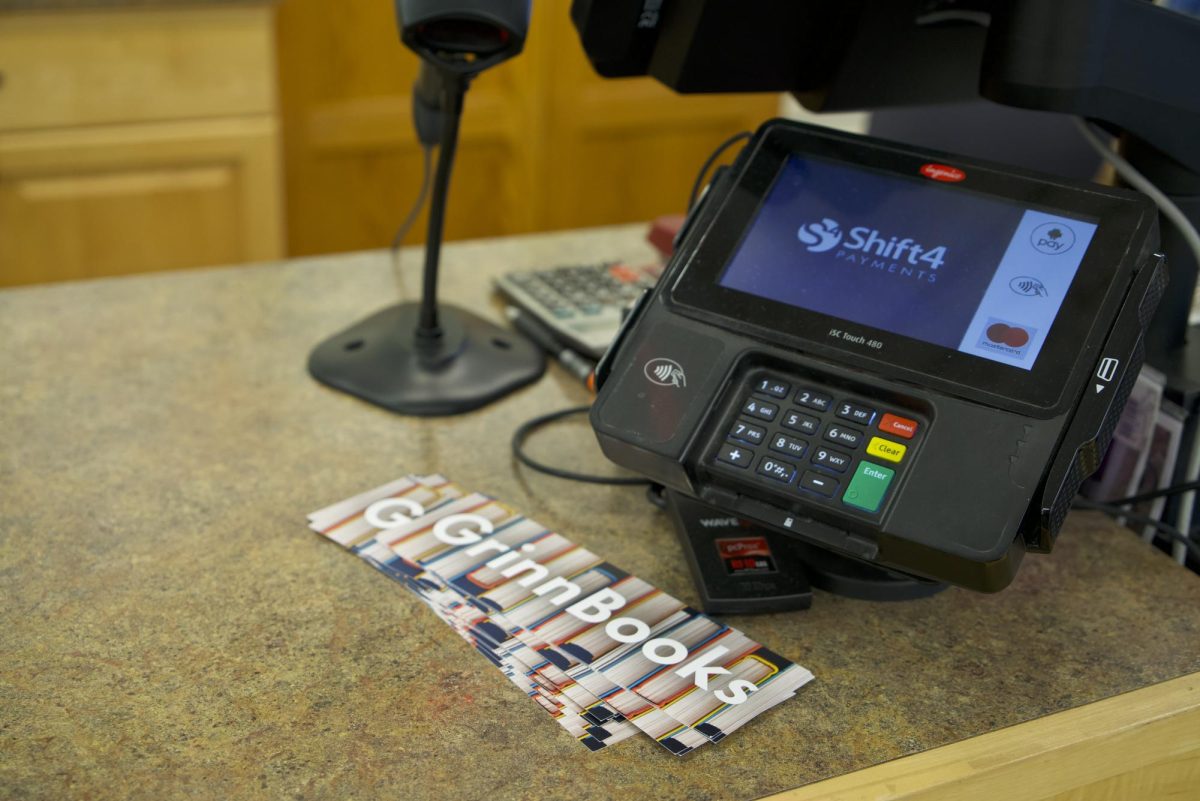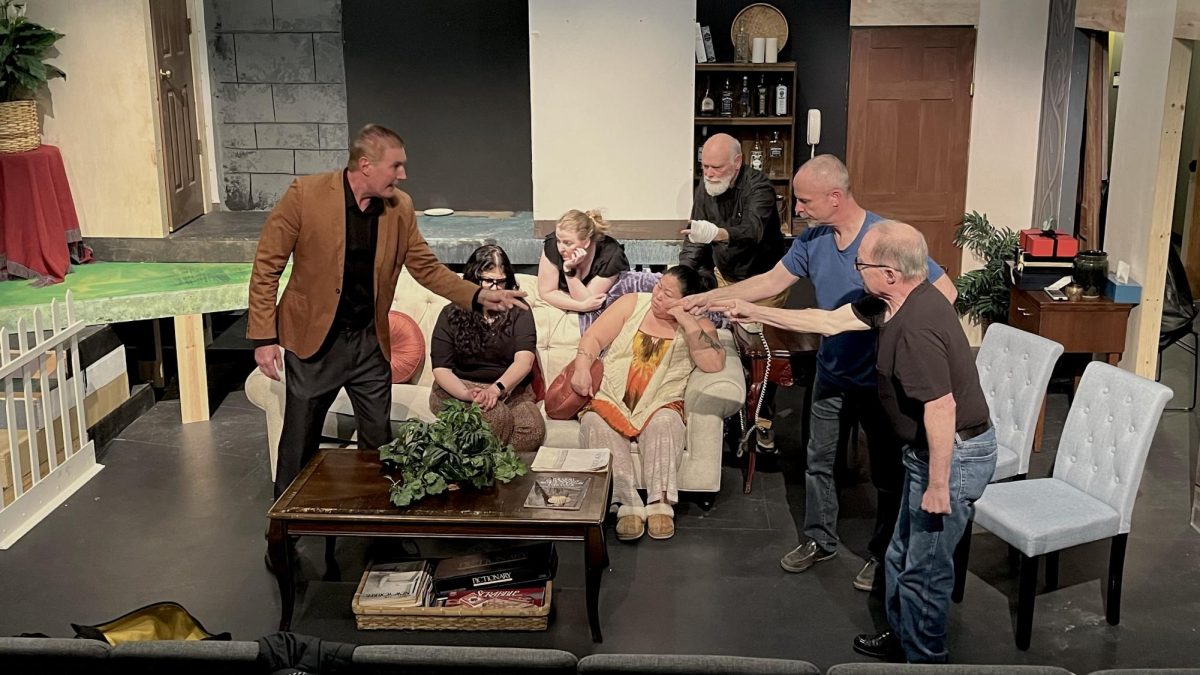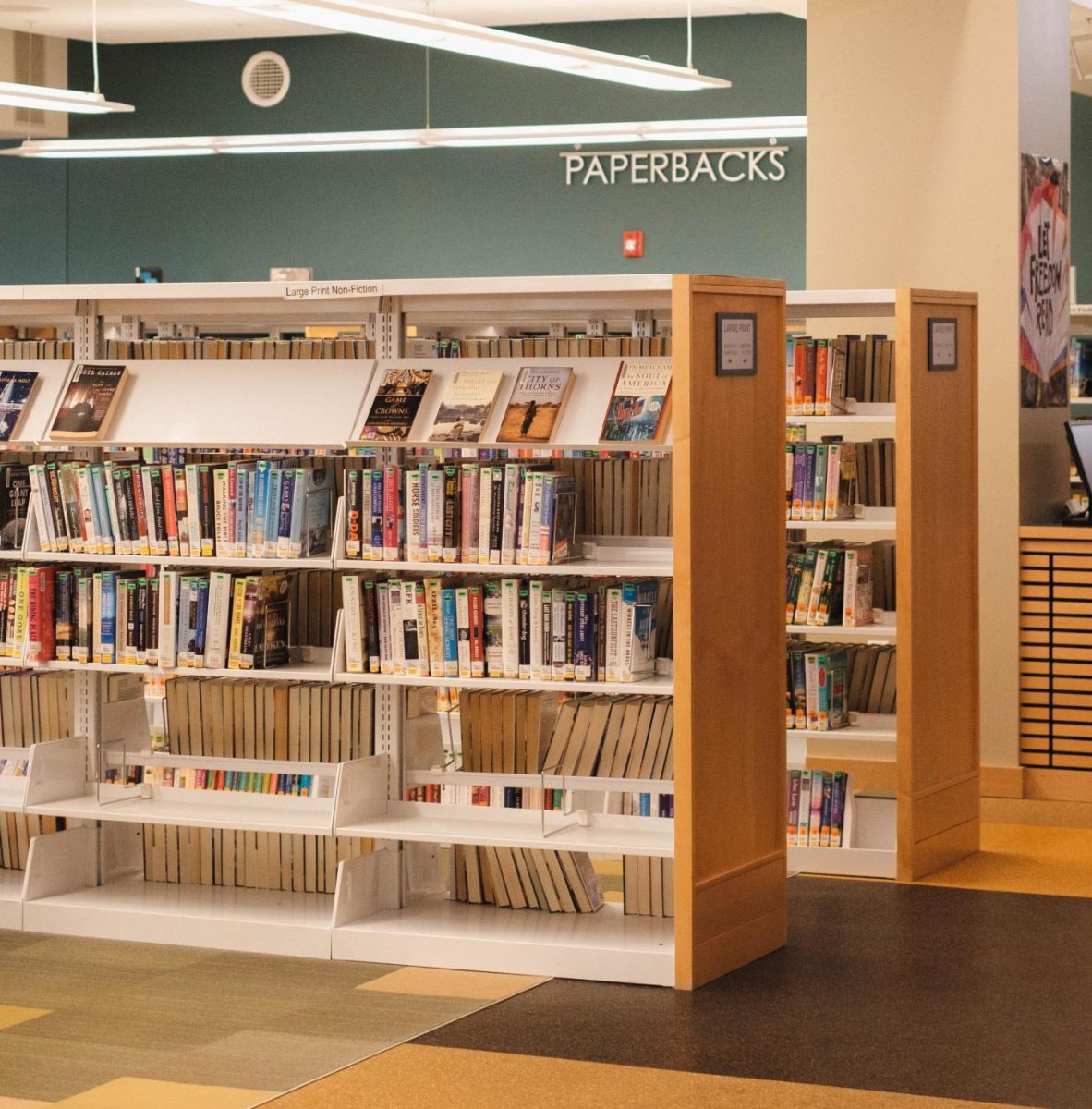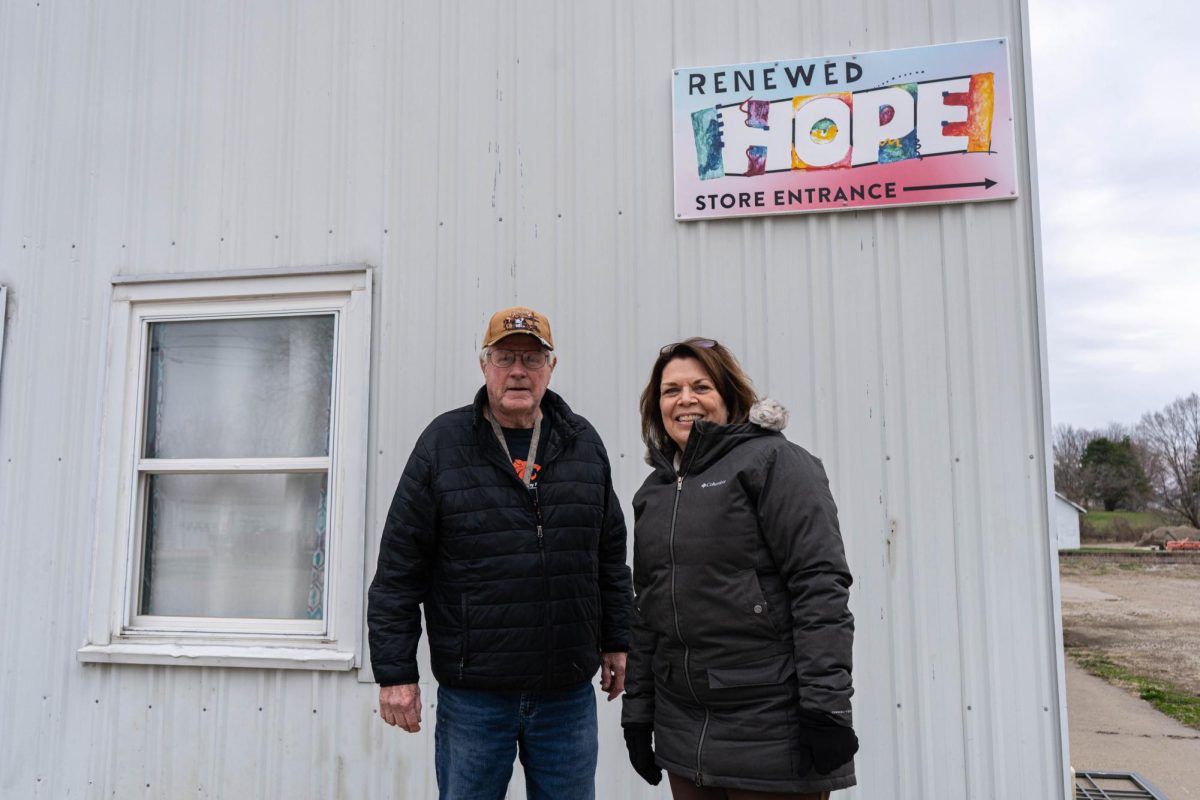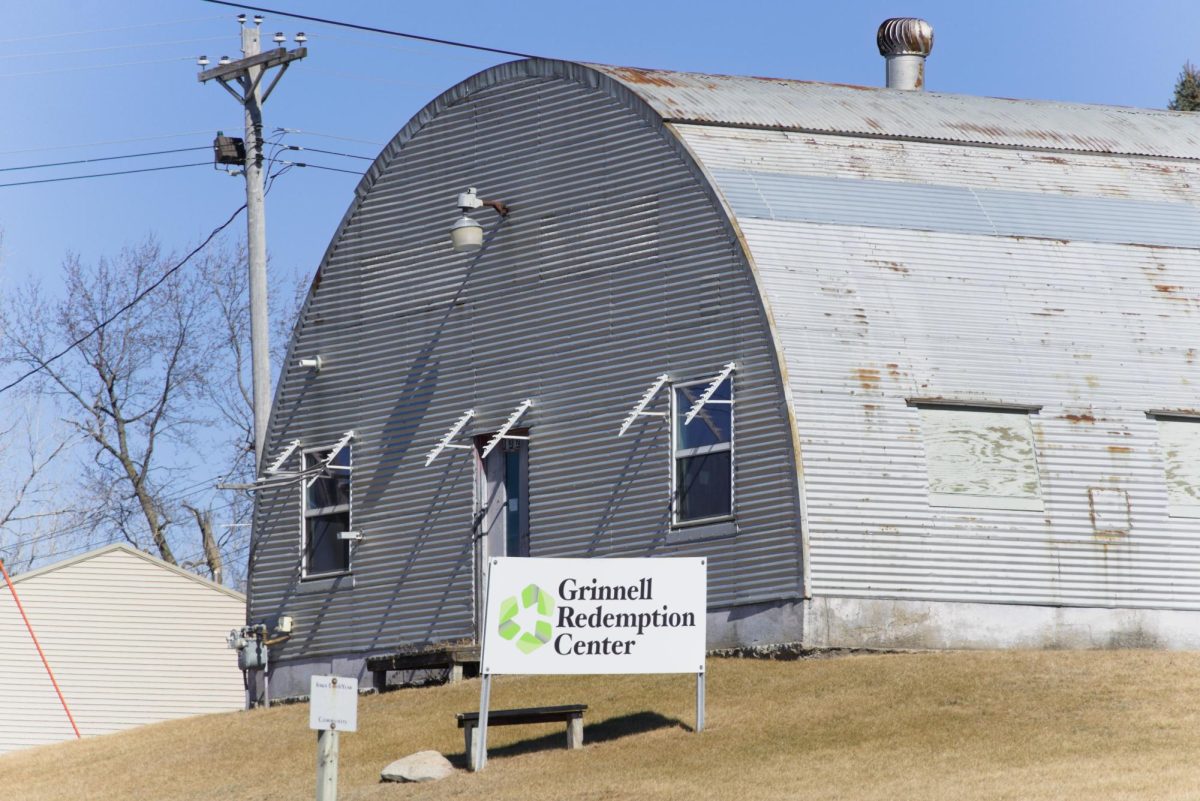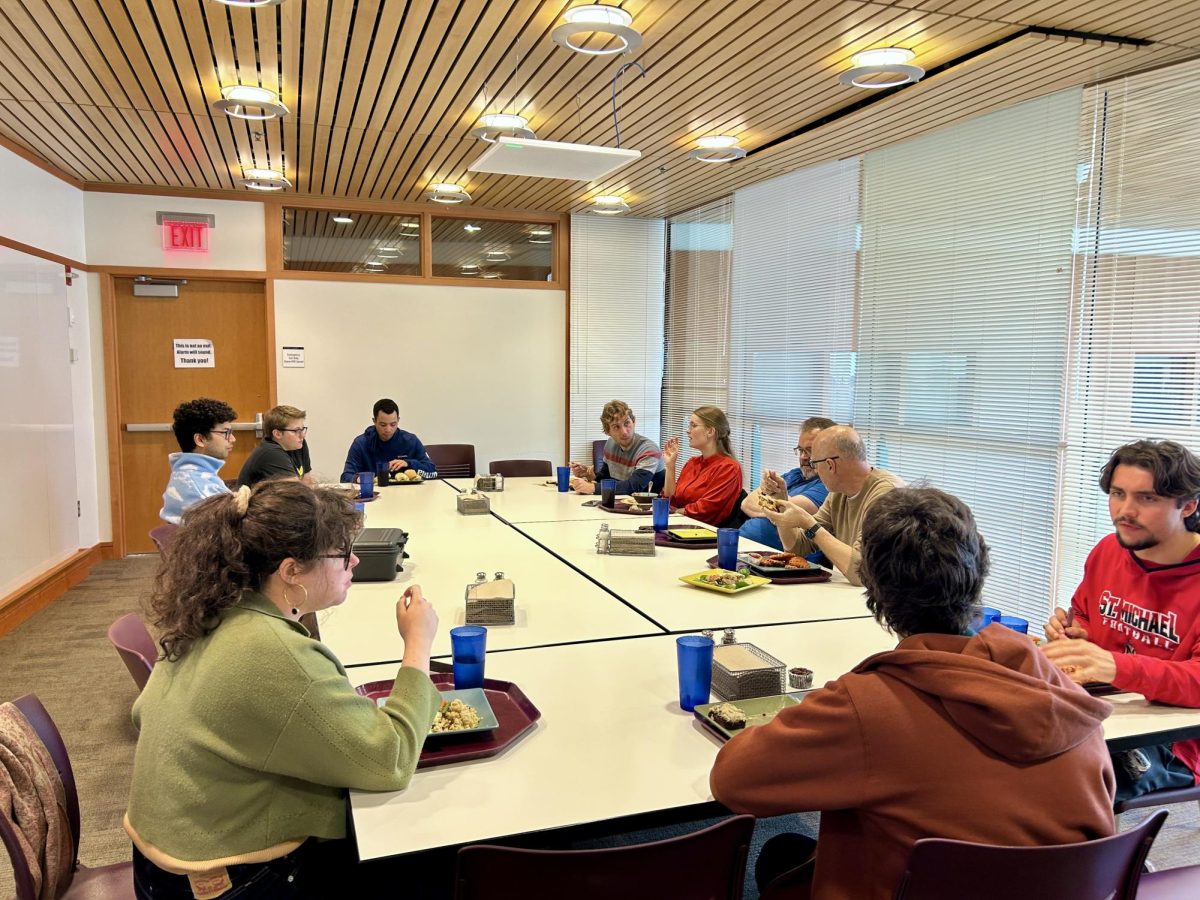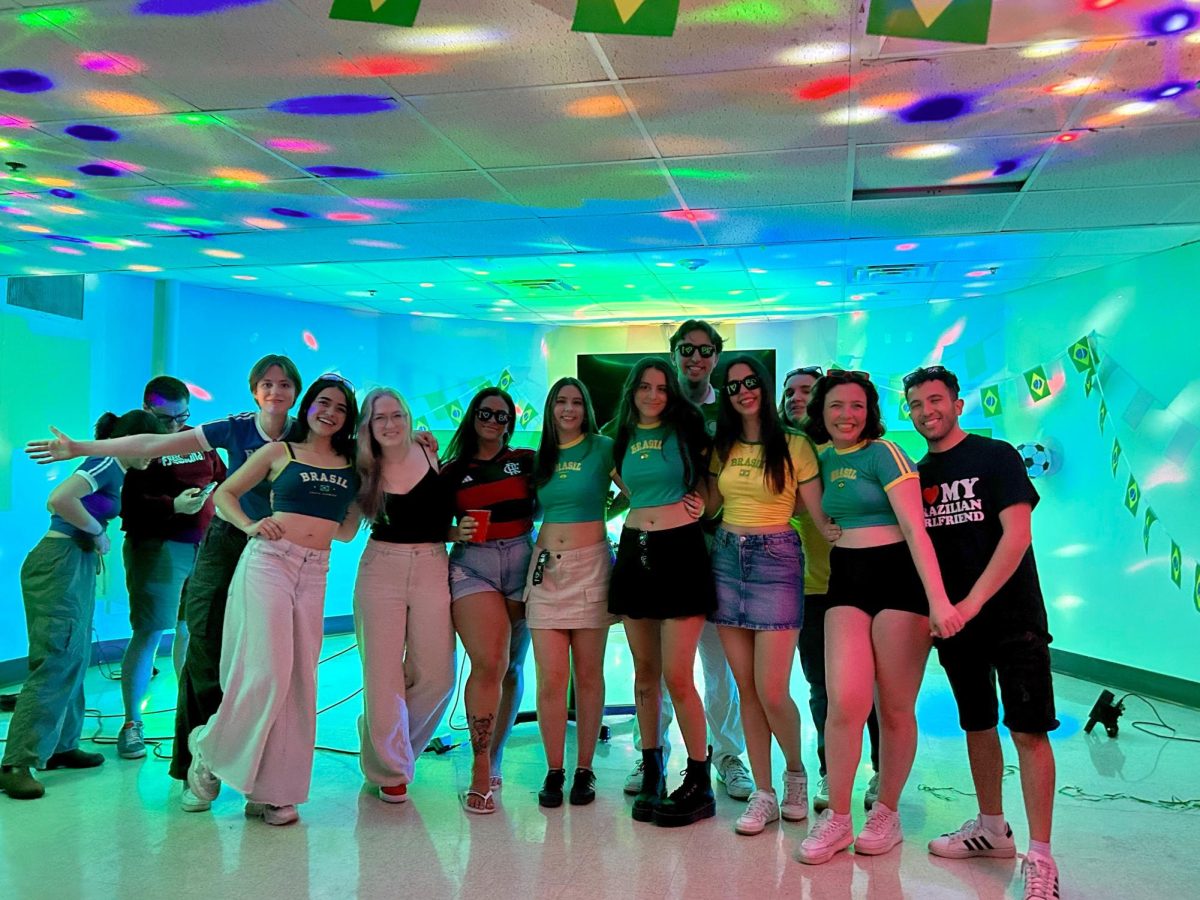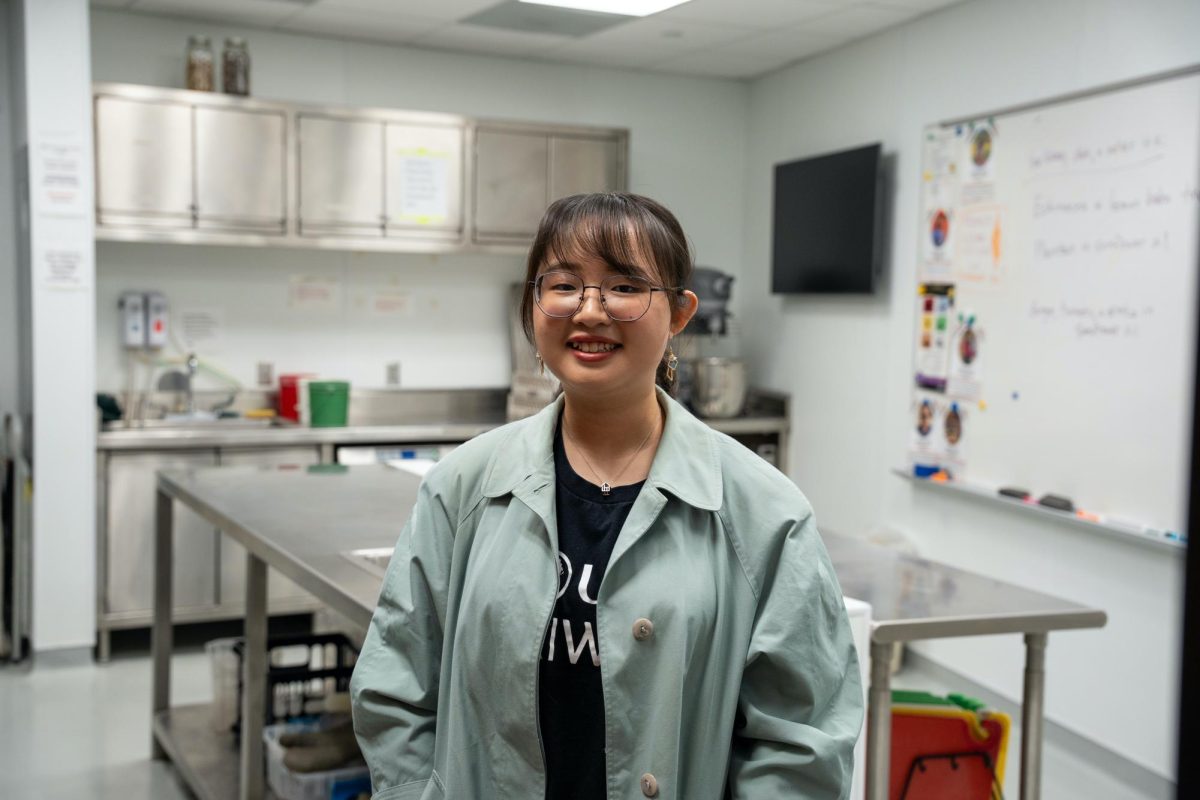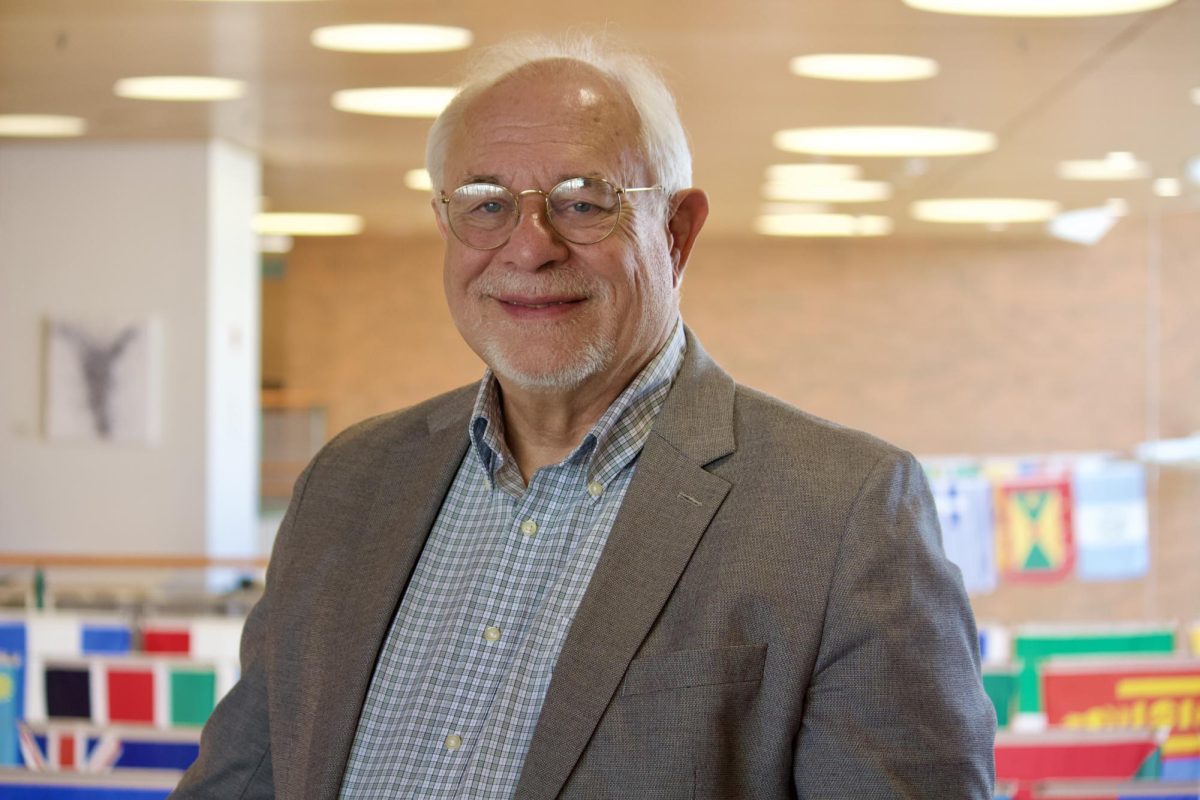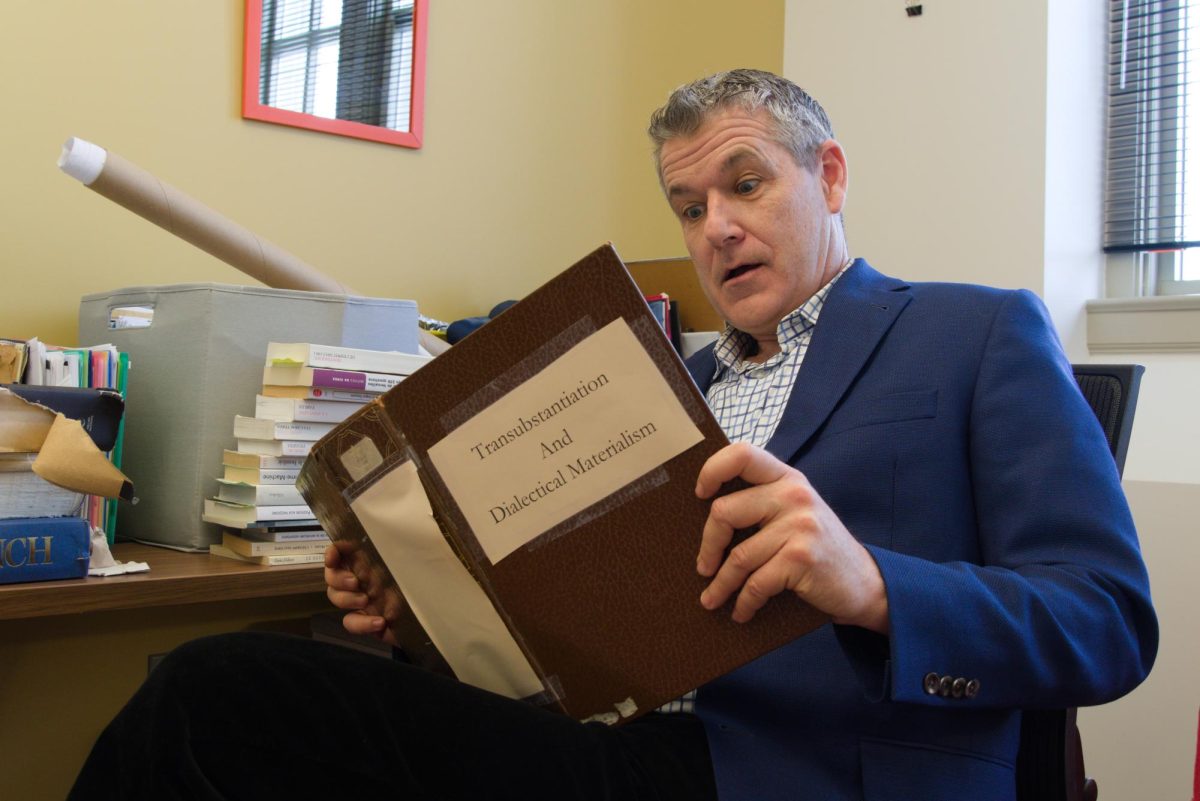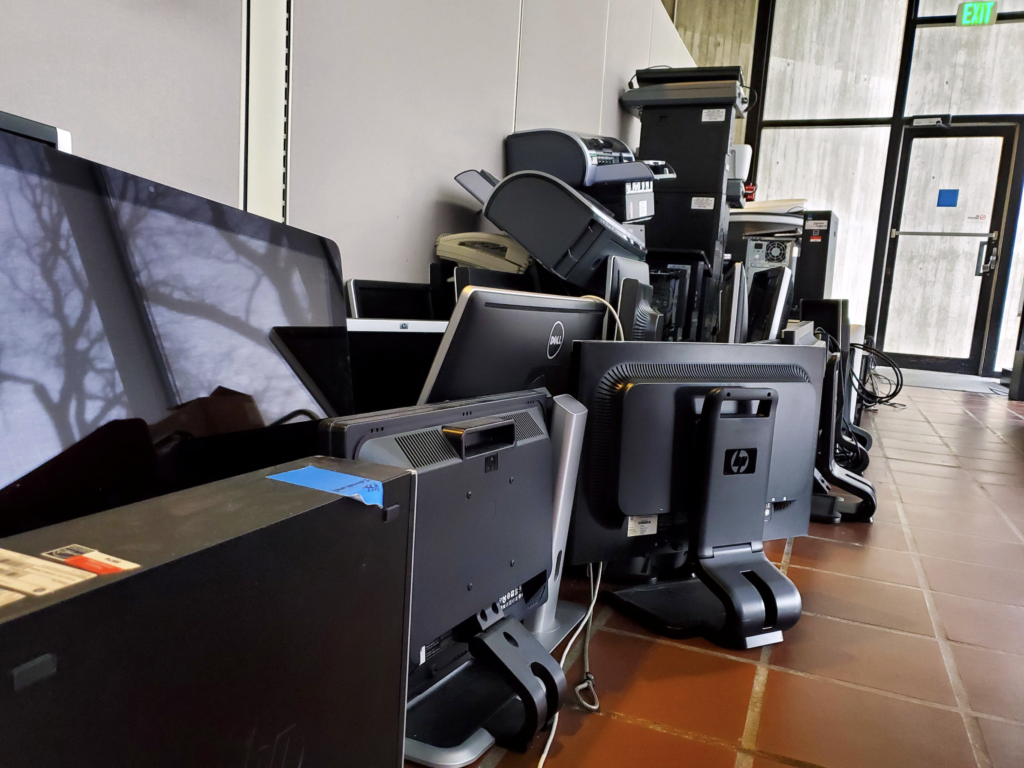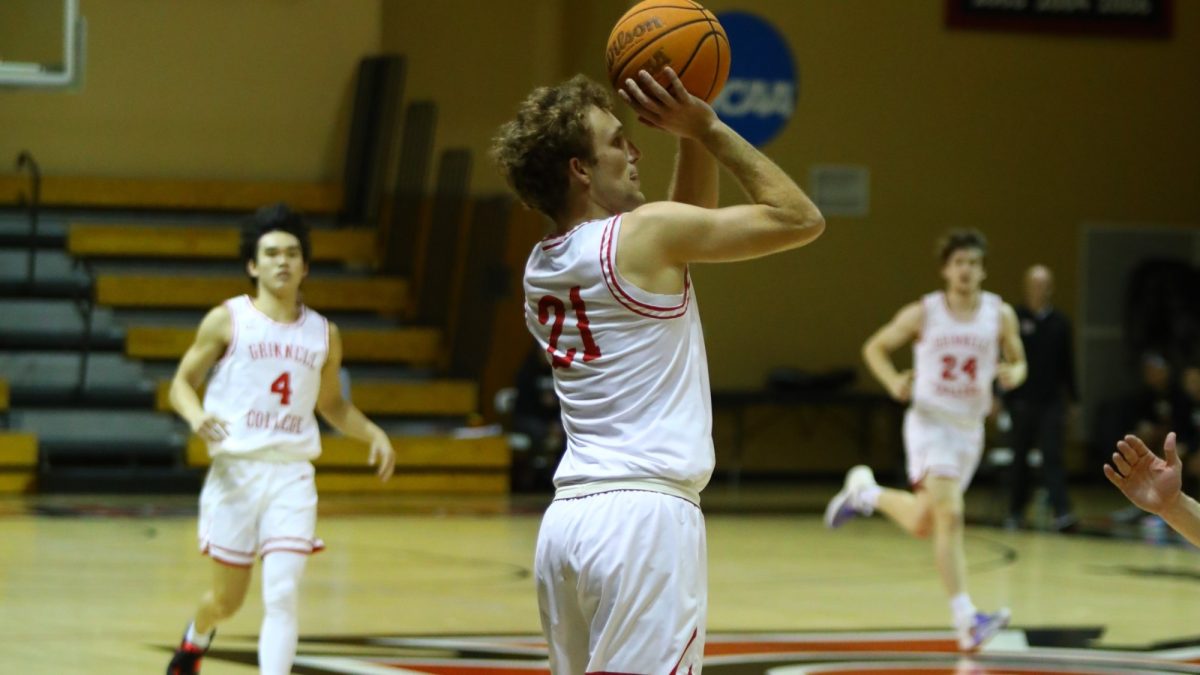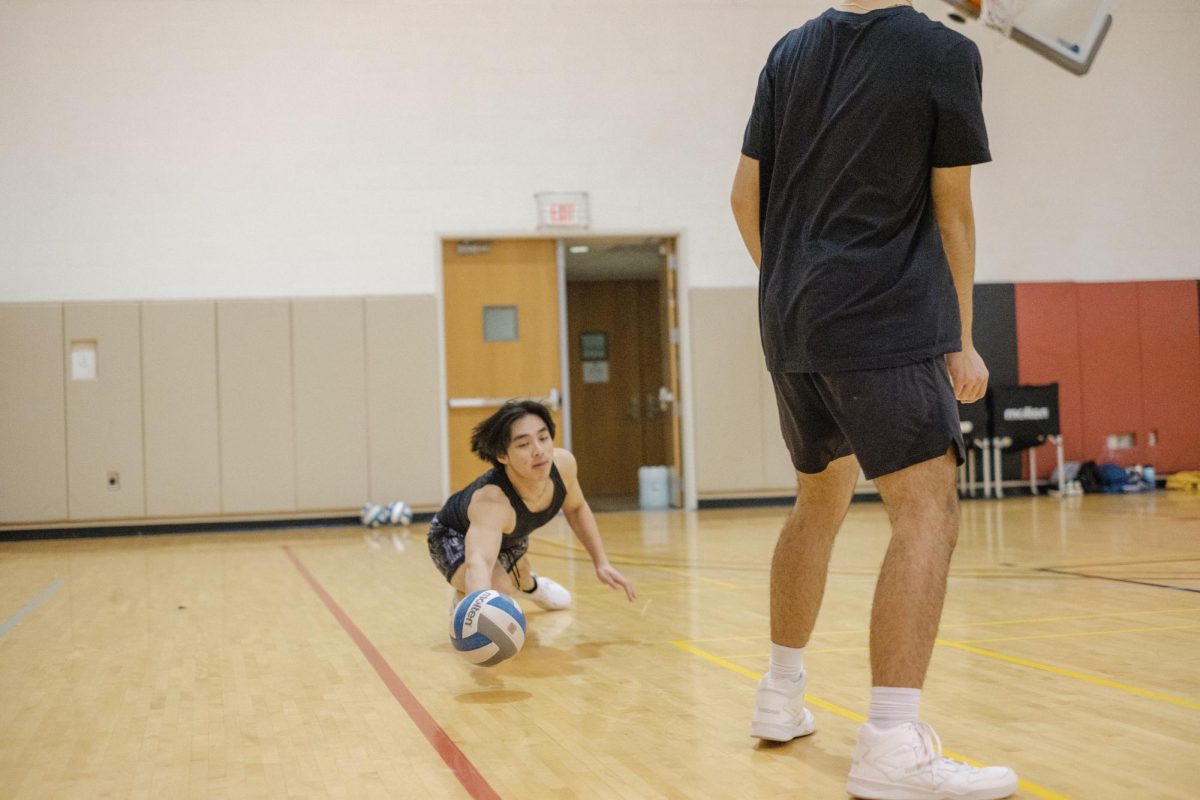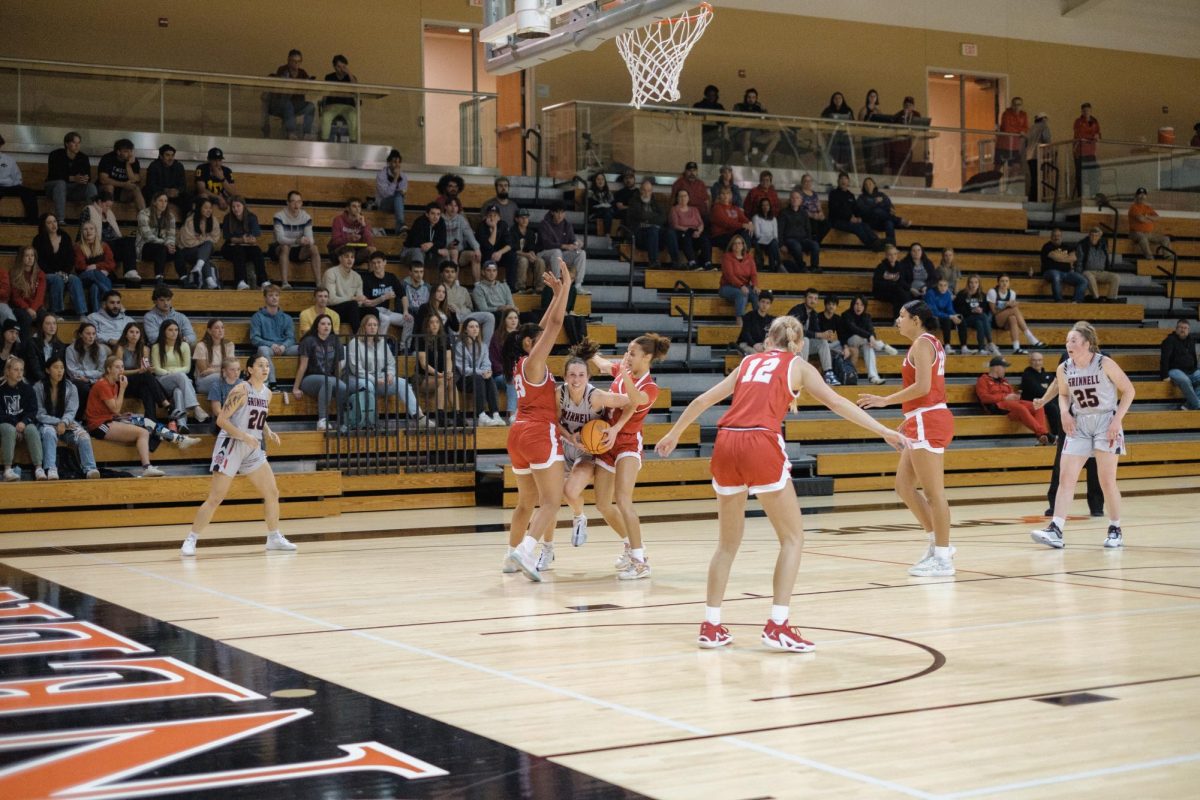The Student Environmental Committee (SEC) has proposed a change to the way that Information Technology Services (ITS) disposes of used and damaged technology. The SEC says it was made aware of the disposal procedures by a student working in ITS and is seeking to replace the current system with one that donates worn and used equipment to local organizations in need.
When a computer is outdated, ITS determines its functionality. If the department determines the equipment is still functioning properly, it is placed in the loaner computer pool. If the computer is no longer functional, it is recycled. Similarly, servers are either recycled or used to replace the servers of machines with lower computing power based on their functionality. Additionally, outdated audiovisual equipment can be used as spare parts for other equipment according to Jonathan Colby, deputy chief information officer at Grinnell College, in an email to Hannah Malicky `22, Student Government Association (SGA) Environmental Sustainability Chair.
The student worker at ITS, who requested anonymity to protect their job, said in an interview with the S&B that some of the computers that are deemed as non-functional can be repurposed.
“I know that we have a giant stack of MacBook Pros that are getting tossed because they’re slow and their batteries are not worth a darn and so they have to be plugged in at all times,” they said. “Which might be a problem for faculty that’s moving between rooms a lot, but maybe there’s somebody in the community that could be doing job searching on that computer and it wouldn’t matter if it had to be plugged in all the time.”
In the email to Malicky, Colby explained that there are problems to overcome when repurposing computers.
Most college computers have FERPA protected information, which makes repurposing of the computers significantly harder given that FERPA is a federal law that protects the privacy of student educational records said Colby.
Colby also said that removing FERPA information from computers is costly in both time and money.
“The best practices way to handle these hard drives is to physically destroy them and get a certificate of destruction from the e-recycle vendor to hold on file,” he said.
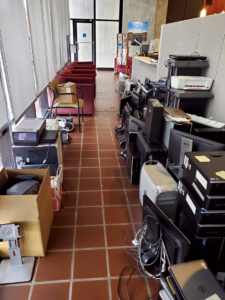
Additionally, since technology products are purchased tax-free from a tax-free institution, anything akin to selling them would introduce tax implications, according to Colby. Colby also said that when donating items there if often expectations regarding maintenance of the items, and that is something ITS is not equipped to handle.
Dave Robinson, department head of Information Technology Services and chief information officer, did not respond to multiple requests by the S&B to comment this issue.
The student worker also said that items like keyboards and mice are tossed as soon as they get them back from faculty or staff, a decision made under the belief that ITS does not have the capacity to clean the items to be repurposed.
I know that we have a giant stack of MacBook Pros that are getting tossed … maybe there’s somebody in the community that could be doing job searching on that computer – Student worker at ITS
Malicky said that this is not only an environmental issue, but an issue of supporting the Grinnell community.
“It’s also surprising that they’re not being donated already, because you would think that the College would want to support the education of the community or access to resources of the community. And it’s really disappointing to find out that it’s not.”
Colby said that repurposing the items meant to be recycled is not an ITS decision, it is an institutional decision.
Malicky has approached President of the College Anne Harris, and the two plan to discuss the matter further.
“This is a great idea, and I’ve seen it done elsewhere,” said Harris in an email to Malicky of the alternate plans for used equipment.


